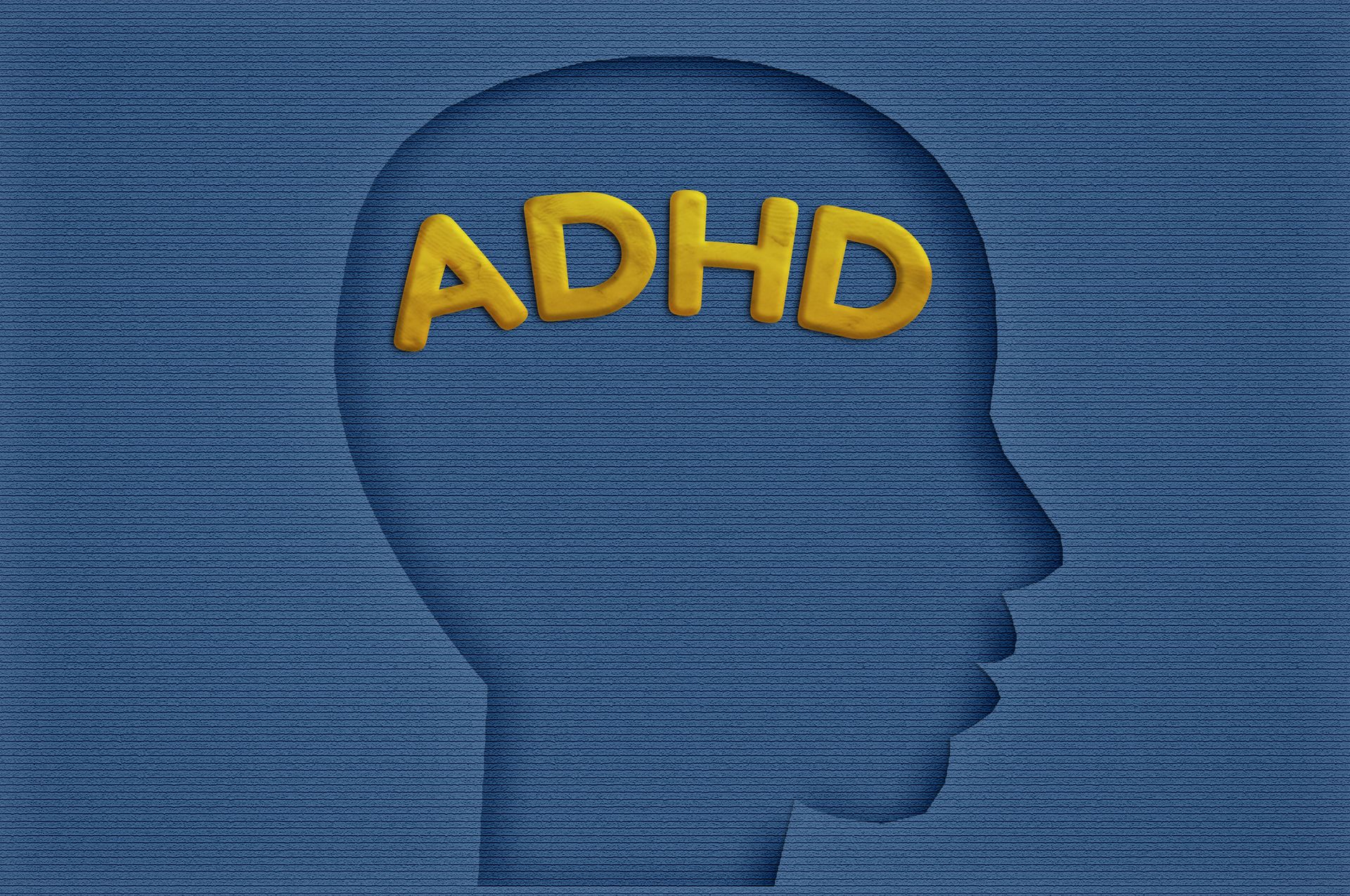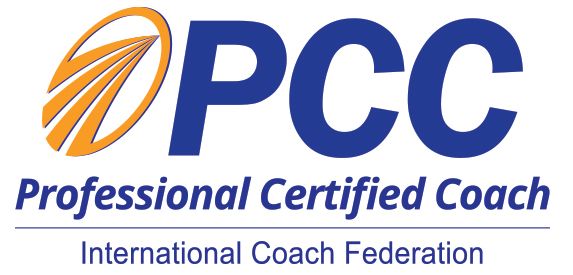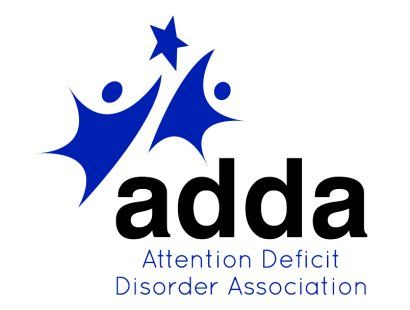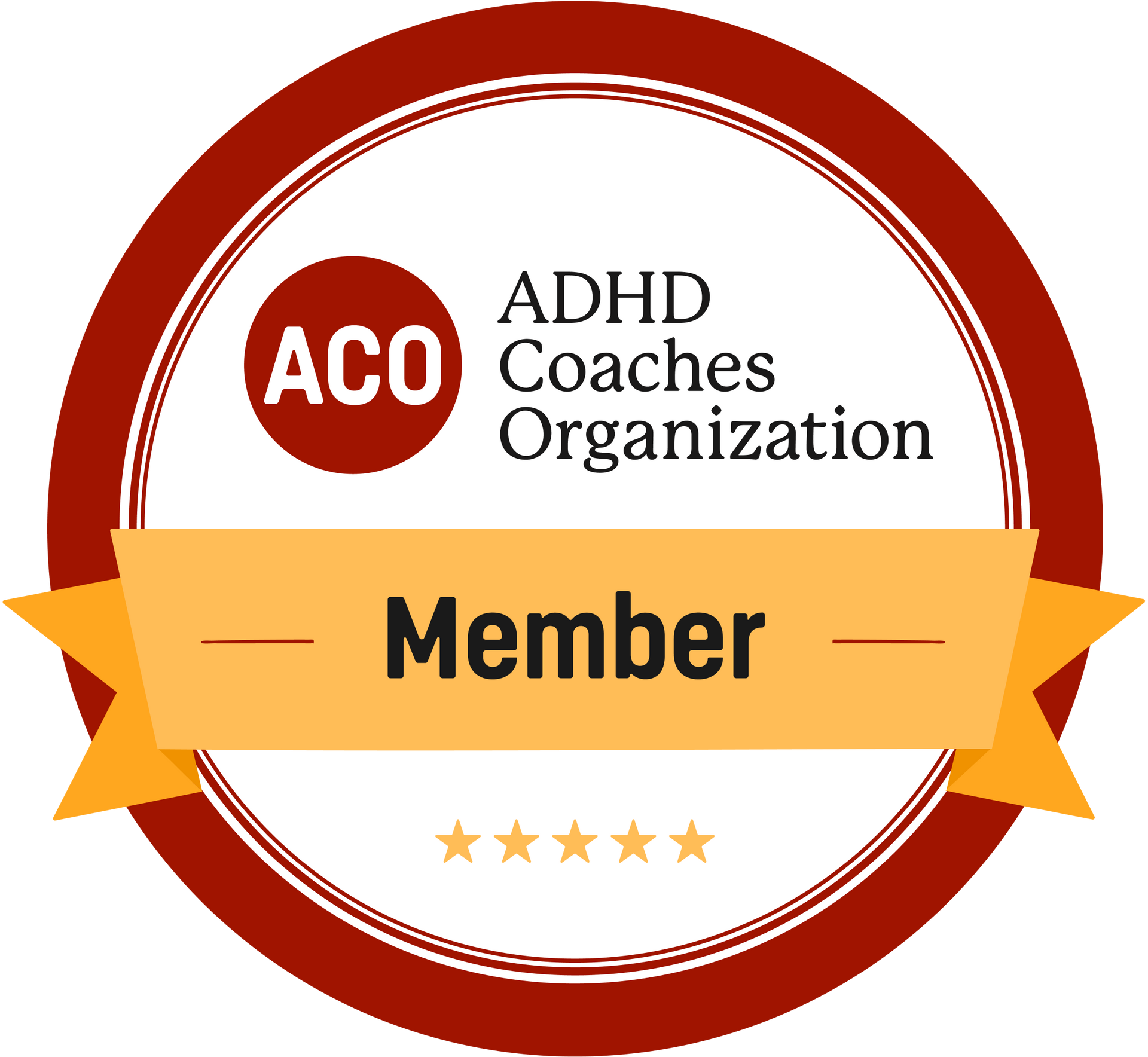Confidence vs Overconfidence: The difference is Ownership
Using Ownership to Overcome Overconfidence

Let’s face it, we want answers. Immediate, attach the IV to my brain and let-me-move-on answers. In the age of instant gratification, one's idea, direction, or response has to create conviction and validation. Confidence.
What happens when you believe in yourself too much? Without time to process or collect evidence? Well, that is Overconfidence.
Since we cover ADHD on this site, let’s make sure we know that time blindness, risk-taking behavior, missing details, and unrealistic deadlines sometimes happen. And that the person making an overconfident claim may just feel 100% confident that they are errorless.
Confidence: Knowing What You Know
Confidence is not merely about having all the answers or projecting a sense of self-assuredness at all times. Instead, it's rooted in a deep understanding of one's capabilities and limitations. Think of it as knowing the score in a game – you have a clear sense of the numbers you'll hit, the grades you'll achieve, or the outcomes you'll produce. And if one were to ask for a projection… That would require a process to find that answer and having confidence means that you would take the time to process and procure that answer.
In essence, confidence allows you to navigate challenges with a sense of assurance, knowing that you have the skills and knowledge necessary to tackle whatever comes your way. It's about trusting yourself and your abilities without seeking validation from others.
Overconfidence: Biased Faith in a Subject or Concept
On the other hand, overconfidence often manifests as a facade of certainty, both to oneself and to others. It's like pretending to know your own worth without truly understanding the underlying factors at play.
A classic example of overconfidence is illustrated by the legendary boxer Muhammad Ali, who famously predicted his wins with unwavering conviction. While his confidence was undeniable, it often bordered on overconfidence, as he exuded an air of invincibility that may have been more bravado than genuine self-assurance.
Overconfidence: The ADHD Twist
Now, here's where things get interesting – overconfidence is prevalent with ADHD. Sometimes overconfidence is a reaction to a neurological symptom. The deficit of memory retention often results in interruptions, discomfort from inattention and boredom may lead to taking control of the conversation. And often it is a stimulation-seeking behavior that creates or accepts a new project without considering all the factors. Some stimuli-seeking behavior creates an abrupt confrontation, whether or not intentional.
In the world of ADHD, overconfidence can manifest as impulsive decisions and a tendency to leap before looking. It's that hyperactive energy that drives one to make bold predictions or presume abilities without considering the consequences.
The Importance of Ownership and Humility
So, what sets confidence apart from overconfidence? It all comes down to ownership and humility. True confidence involves acknowledging both your strengths and weaknesses, embracing failure as a natural part of the learning process, and being open to feedback and growth.
Leadership coaching often emphasizes the value of creating space for others to contribute, rather than dominating conversations with overbearing confidence. It's about facilitating dialogue, providing perspective, and engaging in introspection without letting ego get in the way.
So, how do we differentiate between confidence and overconfidence with ADHD in the mix? It boils down to ownership and humility. True confidence involves acknowledging your strengths and weaknesses, embracing failure as part of the journey, and staying open to feedback and growth.
Ownership provides the power to unveil the unsaid and make space for your needs to process before moving forward. You may know all the tools to treat ADHD, yet many don’t give themselves the opportunity to access them. So let me introduce you to 3 concepts that provide a path to ownership.
Acquire Non-Judgmental Self-Perception
- Practice techniques on mindfulness
- Observe like a scientist, narrate aloud, accept facts
- Lose the Ego. Take your work seriously, not your personality.
Provide Yourself Boundaries:
- Set aside your needs from others' burdens to be comfortable
- Be proactive. Set out and make aware of your agenda before meeting with others
- Silence is your choice to think for yourself. Protect it
Quantify Everything Possible
- Create scales for prioritization
- Measure results by defining deliverables
- Gamify your planning. Beat the clock, score intangibles,
With ADHD, it's important to recognize the impact of impulsivity and hyperactivity on our perception of confidence. Sometimes, what may seem like bold self-assurance can actually be a mask for underlying insecurities or a lack of awareness.
Final Thoughts
In a nutshell, confidence is about self-awareness, humility, and a genuine understanding of your capabilities – even with ADHD in the mix. It's about navigating the highs and lows with grace and authenticity, without letting impulsivity drive you toward overconfidence.
So, the next time you find yourself teetering on the edge of overconfidence, take a moment to pause, embrace humility, and let genuine confidence guide your journey – ADHD and all. It's a wild ride, but with the right balance of self-awareness and ownership, you've got this.

















